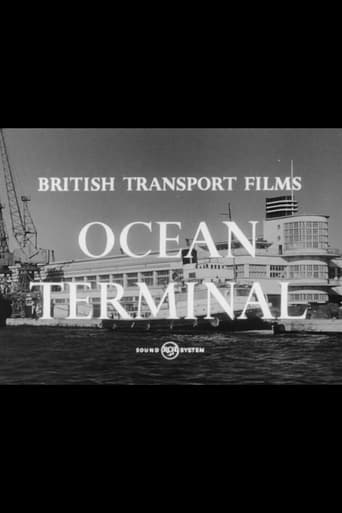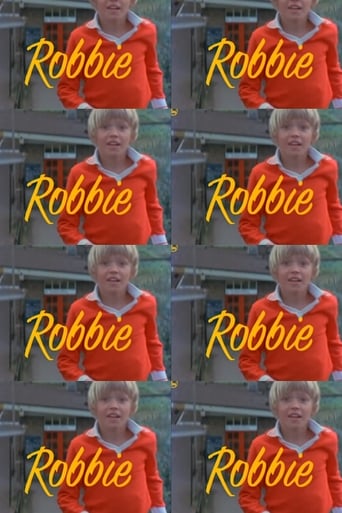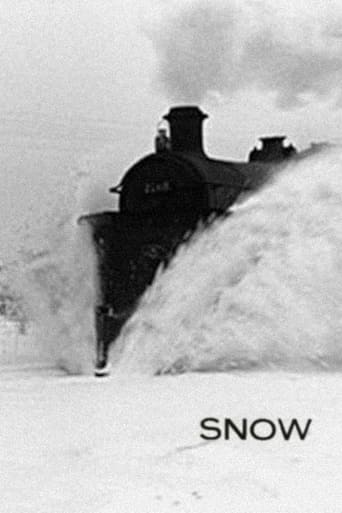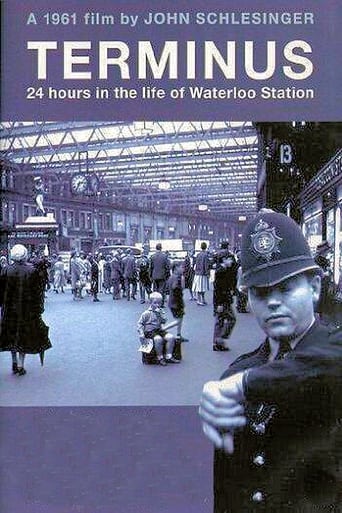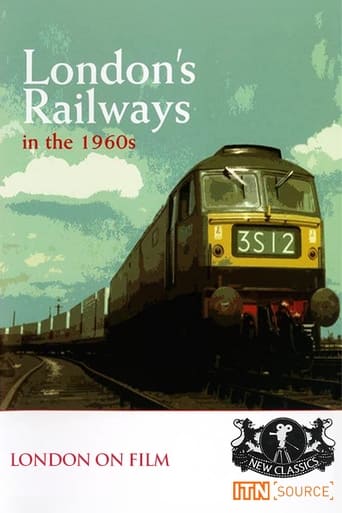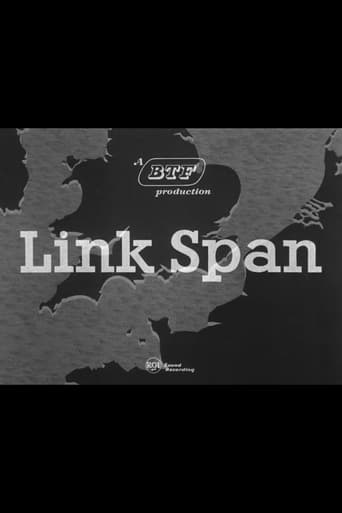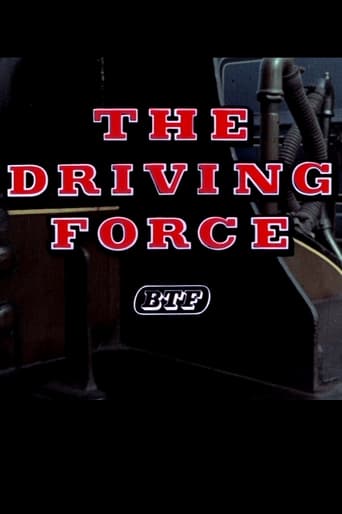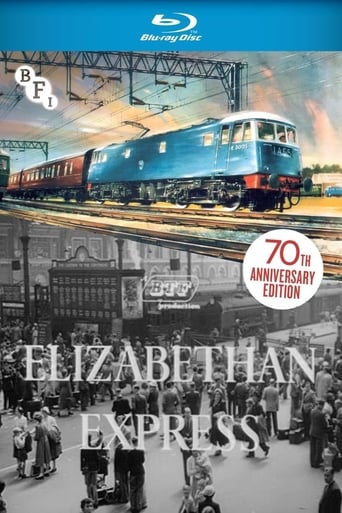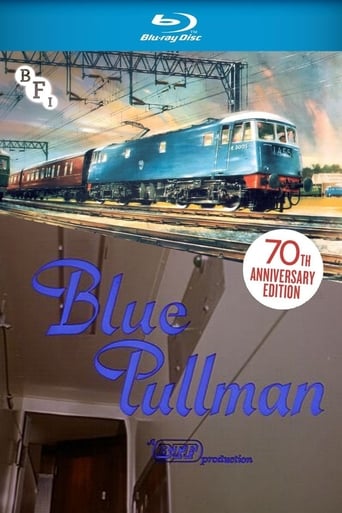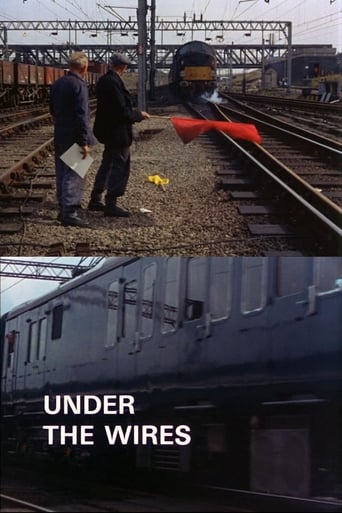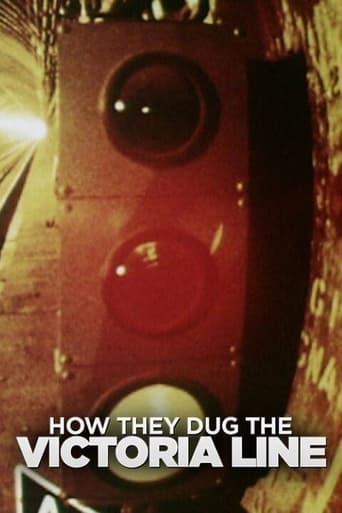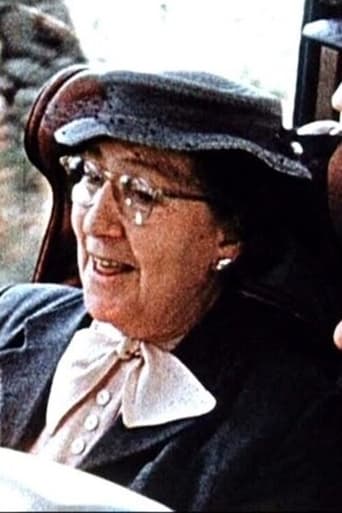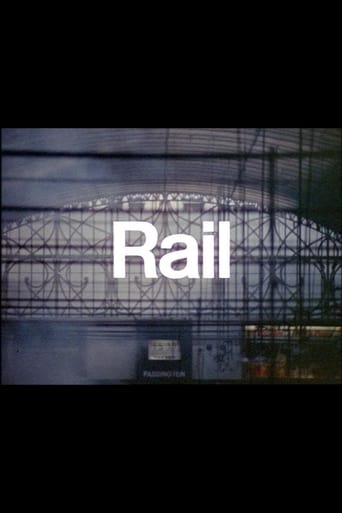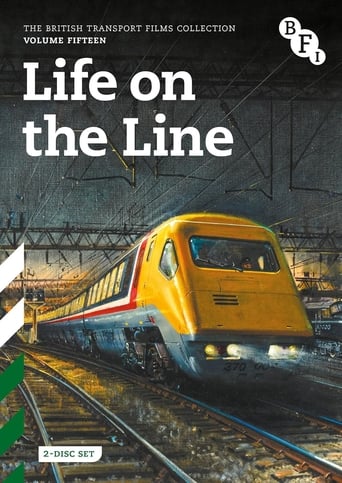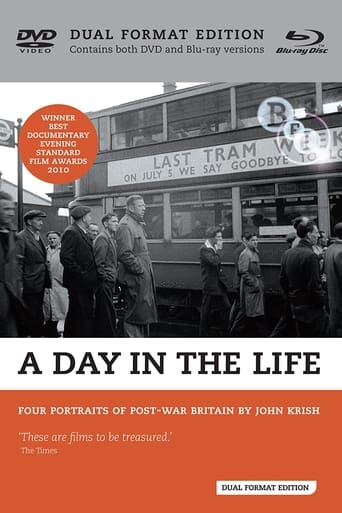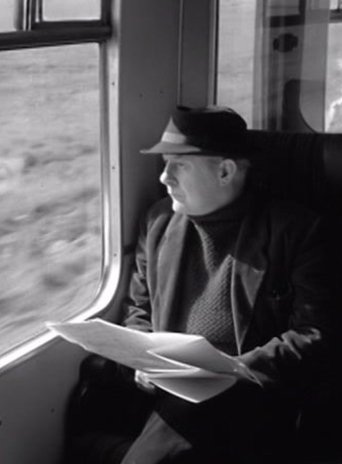Ocean Terminal 1952
Southampton, a deep-water port with four tides a day, is an ocean terminal for the world's largest liners. Their coming and going, and the people who work with them are the subject of this film as they reflect in their personal lives some of the drama and romance of its situation. Among them are a tug skipper and his crew, a stewardess on a Cape ship, an assistant wharfinger in charge of handling baggage and freight, a taxi driver, and a pilot taking a great liner down Southampton water at night.
